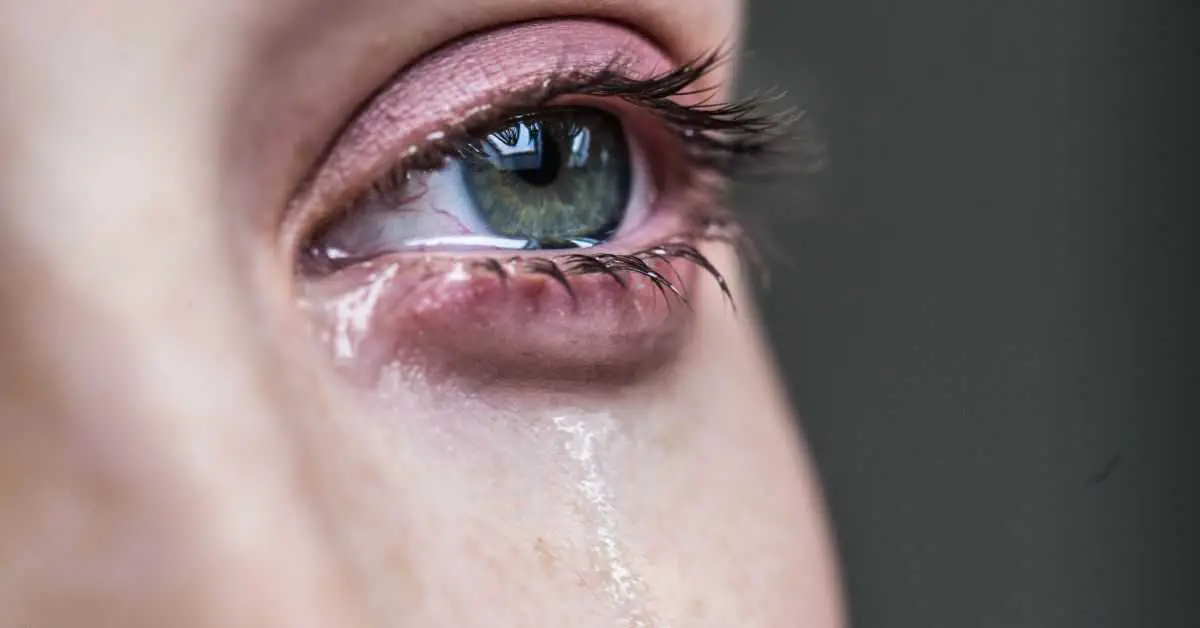##The Emotional Wounds Women Carry Into Relationships##
The emotional wounds of childhood significantly impact our adult lives, particularly influencing our interpersonal relationships. Childhood is crucial for emotional development, and when the necessary love and support are missing during these early years, it creates lasting scars.
These deep-seated issues from past experiences frequently hinder the development and maintenance of healthy adult relationships. Without the right understanding and healing, these emotional wounds of childhood persist, impacting self-esteem and complicating interpersonal connections.
###The Echo of Unmet Childhood Needs###
Childhood is more than just a time of growth; it’s where we first interact with the world emotionally. What happens during these formative years doesn’t just stay tucked away in our past; it often resonates throughout our lives, influencing our behavior, choices, and emotional health. One of the most significant aspects of childhood is the need for love and affirmation. When these needs are unmet, they create emotional wounds that can linger, shaping how we approach relationships well into adulthood.
Emotional wounds from childhood aren’t always easy to identify. They’re the result of experiences that have left a lasting mark on our emotional wellbeing. These aren’t physical scars but rather feelings of rejection, neglect, or emotional abandonment experienced during a child’s early years. For a child, not receiving love or affirmation can lead to a sense of loss, confusion, or belief that they are unlovable. These painful experiences, although often unspoken, are carried within, waiting to surface in future relationships.
###The Transition of Unloved Feelings into Adulthood###
As children grow into adults, these unloved feelings don’t just disappear; they transition into a space within their adult lives, often without them even realizing it. It’s like a background noise that’s always there, affecting how they view themselves and how they interact with others. These unresolved feelings can lead to a defensive or self-protective approach to relationships, fear of intimacy, or even the opposite—clinging too tightly.
The psychology behind these behaviors is grounded in the fear and uncertainty rooted in unmet childhood needs. When love and support are inconsistent or absent, people can become hyper-vigilant to rejection or overly accommodating to avoid conflict. This survival mechanism, once necessary for emotional protection as a child, complicates adult relationships, creating cycles that are hard to break without reflection and effort.
###5 Emotional Wounds Women Carry Into Relationships###
Many women face challenges in their adult relationships that are deeply rooted in their childhood experiences. For those who grew up without the necessary emotional support, this past neglect continues to affect their lives, often in ways they don’t immediately recognize.
Identifying these emotional wounds is crucial as it marks the starting point for healing and forming healthier relationships. Below, we discuss five specific emotional wounds that are commonly found in women who lacked emotional nurturing during their childhood years:
- Fear of Abandonment: The fear of abandonment often originates from childhood experiences of neglect, where emotional needs were overlooked or moments of separation or loss created lasting anxiety. This deep-seated fear accompanies many women into their adult relationships, manifesting as clinginess, an unrelenting need for reassurance, or possessive behavior stemming from worries that their partner might leave them.
These behaviors, rooted in the dread of being left alone, can place significant strain on relationships, creating a tumultuous emotional landscape both for the person experiencing the fear and for those close to them. The cycle of anxiety and behavior it triggers—ranging from jealousy to an insatiable need for proximity and affirmation—can be exhausting and often reinforces the very abandonment it fears.
- Low Self-Esteem: Low self-esteem in women often traces back to negative childhood experiences, such as persistent criticism, absence of support, or a dearth of affection, contributing to a fundamental belief in their own unworthiness. This damaging self-view carries over into their adult lives, skewing relationship choices based on the mistaken notion they don’t merit kindness, respect, or love.
As a result, they might settle for partners who treat them poorly, sustaining relationships that are unfulfilling or even harmful, all because recognizing their own value feels foreign and unattainable.
- Inability to Trust: Growing up in an environment where caregivers consistently break trust can profoundly impact a child, ingraining a belief that reliance on others only leads to disappointment. This learned mistrust persists into adulthood, particularly affecting women in their relationships, where they may perceive promises as preludes to inevitable letdowns. This defensive stance inhibits the formation of deep, meaningful bonds, as they often hold back from fully trusting partners, thwarting the genuine intimacy that comes from mutual vulnerability and trust.
Attachment Issues: Women with unstable childhood attachments often face challenges in their adult relationships. This background makes them wary of emotional bonds. In their relationships, they might avoid getting too close to partners or struggle with the neediness, rooted in early experiences where emotional support was unpredictable. These attachment issues show up as difficulty trusting others and fear of getting too intimate, hindering the development of strong, stable connections with their partners.
Unresolved Anger and Resentment: Many women who weren’t permitted to openly express emotions in childhood find themselves struggling with unresolved anger and resentment in their adult relationships. This emotional suppression from their early years often erupts in their interactions with partners, causing disproportionate reactions to small disagreements or issues.
These intense emotions are less about the present situation and more a release of pent-up feelings they’ve carried since childhood. This unresolved hurt can contribute to frequent conflicts, or conversely, periods of emotional detachment, complicating their ability to maintain balanced relationships. ###Importance of Open Communication With Partners### Open communication is crucial in relationships, particularly for women healing from childhood emotional wounds. It builds trust, helping partners understand each other’s experiences and emotions without fear of judgment. This honesty prevents misunderstandings, helping both parties tackle issues head-on. Clear communication also sets the stage for healthier relationships by establishing boundaries and expectations. It ensures both partners can express their needs and concerns, creating a supportive environment. This approach is especially important for women carrying emotional wounds, as it helps their partners comprehend the roots of certain behaviors, avoiding blame or resentment. ###Seven Strategies for Healing Childhood Emotional Wounds### Addressing deep-rooted emotional wounds demands focused and sometimes professional action. It’s crucial to understand that healing processes are personal, and strategies effective for one person might not suit another. Nonetheless, here are some broad strategies that could support this complex journey:




